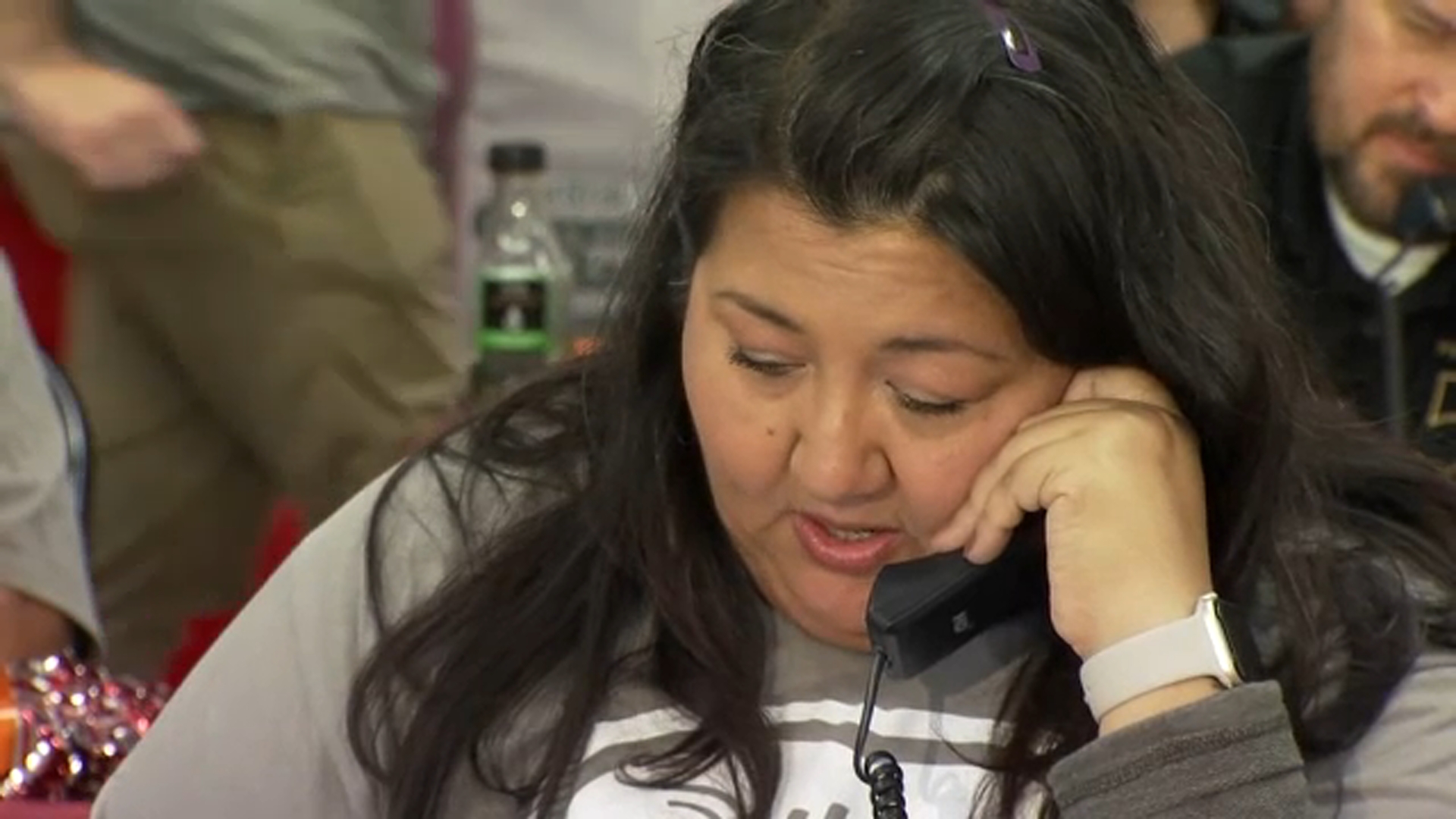The effects of extreme dieting

FRESNO, Calif. (KFSN) -- Dieting is an American pastime. About 45 million of us diet each year, and we spend about $33 billion on weight-loss products. There are more ways to diet than ever and some are pretty extreme.
For the past three years, Heidi Templeton has used her $150 juicer every day. Every morning she is religious about her juicing routine. Templeton told ABC30, "I felt sluggish before I started juicing."
Experts say an over-jolt of juicing could be a recipe for trouble [because] fiber and grains could fall to the wayside.
Registered dietician Nancy Maza told ABC30, "The average person should get 25 to 30 grams of fiber a day, and if the fiber is being extracted, and you're not getting any fruits and vegetables, you might have trouble getting that 25 to 30 grams of fiber a day."
Maza also tells her patients to stay away from extreme diets that restrict certain foods, like the elimination diet. It excludes coffee, dairy, eggs, sugar, shellfish, wheat, potatoes, corn and artificial ingredients. There is also the "five-bite diet" where you take just five bites of any meal at any one time. The doctor who created it claims to have lost 60 pounds in 40 days.
Maza also told ABC30, "It's another way to sell books. People are looking for quick fixes."
Other extreme methods include the tapeworm diet. Followers consume a tapeworm in a pill and the idea is that the worm digests what you eat.
There's the baby food diet, where you simply substitute two to three meals a day with jars of pureed baby food.
Maybe most extreme is the feeding tube diet. For 10 days, a tube in your nose delivers a liquid-only mixture of protein, fat and water to your stomach.
But experts say these diet fads aren't leading to long-term weight loss. Despite more than 45 million Americans reporting being on some kind of diet, nearly 70 percent are overweight or obese. So maybe the best diet isn't a diet at all, but a healthy lifestyle that includes a variety of whole foods.
Maza explained, "Usually, it has taken your whole life to get where you are as far as your weight and your health. It's not going to change overnight."
A study in the American Journal of Clinical Nutrition found that vegans are usually thinner and have a lower risk of heart disease, diabetes and cancer. Another study found that people who followed the Paleo diet -- which consists of lean meat, fish, vegetables and fruit -- had lower blood pressure, cholesterol and improved insulin sensitivity after just 10 days.
For more information, contact:
Nancy Maza
Registered Dietitian
Morton Plant Mease
nkm123@verizon.net









